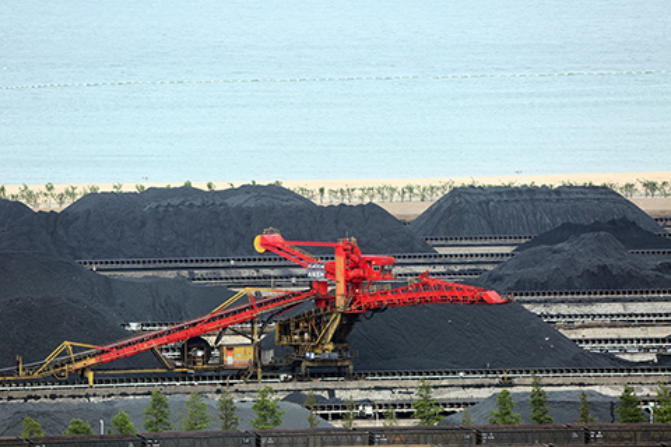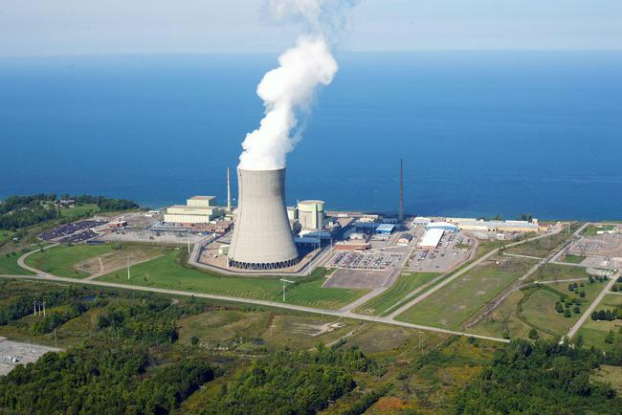
Power rationing and forced cuts to factory production in China are widening amid electricity supply issues. The China Ministry of Ecology and Environment has issued the draft of “2021-2022 Autumn and Winter Action Plan for Air Pollution Management”in September. During the autumn and winter this year (from 1st Oct,2021 to 31st March 2022), the production capacity in some industries may be further restricted. Perhaps you have noticed that the recent “dual control of energy consumption” policy of the Chinese government, which has a certain impact on the production capacity of some manufacturing companies, and the delivery of orders in some industries has to be delayed.
What are the main reasons affecting China's power rationing?
1. Power shortage
In order to reduce pollutant emissions, China promises to reach the carbon peak in 2030 and carbon neutralization in 2060. In order to achieve this goal, the upgrading of China's energy power generation structure is the top priority. Up to now, China's thermal power generation is still absolutely dominant, and thermal power generation is based on coal, but the pollution is also quite serious. Moreover, since March this year, the coal cost has been seriously inverted with the benchmark electricity price. Increased demand pushed up coal prices. However, China does not allow electricity prices to rise too much. Therefore, power plants either reduce power generation for a longer period of time, or lose money to generate power, so some power plants are shut down.

2. Due to the impact of the epidemic, the vast majority of countries shut down production, and Chinese enterprises fully opened their firepower, increasing power consumption.
The continuation of the global epidemic has led to the suspension of production in most countries, and the foreign trade orders of Chinese enterprises are full. With the surge of orders, the factory worked overtime and the fire of mechanical equipment was fully opened. The purpose of power rationing is to avoid potential safety hazards caused by excessive use of machinery in the factory and reduce the pressure on power production capacity.

3. Control production capacity and avoid the risk of product backlog of foreign trade enterprises.
At present, there is a shortage of industrial products all over the world, and Chinese enterprises expand their capacity and increase production. However, if the world industry recovers, where will the products produced by Chinese enterprises go? What bad news is it for those enterprises that expand their capacity and increase production with loans? At this time, power rationing is to reduce production capacity as much as possible and minimize the losses of China's foreign trade enterprises after the epidemic warms up.
What impact will China's power rationing have on large and small enterprises in the domestic export frozen food industry?
1. Upstream packaging and raw materials ushered in the "price rise tide".
As an indispensable link in the food industry, the impact of price increase is almost universal. Under the double attack of the lack of coal and electricity and the dual control policy of energy consumption, the packaging carton industry is also brewing a wave of "price rise tide".

2. Midstream orders are overstocked and production capacity uncertainty leads to rising costs.
China's power rationing has little impact on some enterprises with light production structure, but some enterprises with high energy consumption face a more severe situation, such as frozen products and low-temperature products requiring cold chain.
3. The downstream storage and transportation are limited, and the allocable resources are unstable.
Large scale "power rationing and shutdown" also has a great impact on the downstream storage, transportation and sales. The difference of regional power restriction policies makes the arrangement and allocation of storage and transportation resources seriously asymmetric. In the storage link, frozen product enterprises restrained by the cold chain can not bear the pressure. The cold storage cannot be guaranteed. The goods in the cold storage do not know how to deal with them, and may face huge losses. In terms of transportation, power rationing leads to large-scale overlap of commencement time, and the delivery time of goods is "seriously piled up" to a certain extent.
For food enterprises, first, in the long run, they need to actively adjust the product structure and promote industrial transformation and upgrading; Second, focus on the present, we should coordinate the power restriction scheme with the local government as much as possible to minimize the loss.
The following website is about China's power rationing from CCTV.
https://english.cctv.com/2021/10/08/ARTIQQIa35ClCwL95fVj8jlv211008.shtml
Qingdao Alliance Food Corporation
TEL/FAX: 0086-532-66000116
H.P. : 0086 18663967158
E-mail: doralee@qdalliance.com
Website: www.qdalliance.com
Address: No. 52, Haerbin Road, 266001, Qingdao, Shandong, China 266001
Copyright © 2017 Qingdao Alliance Trading Co.,Limited Rights Reserved. Made-in-China.com Powered by HiCheng Sitemap
